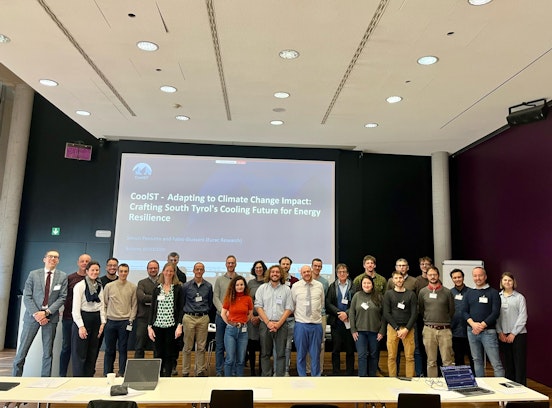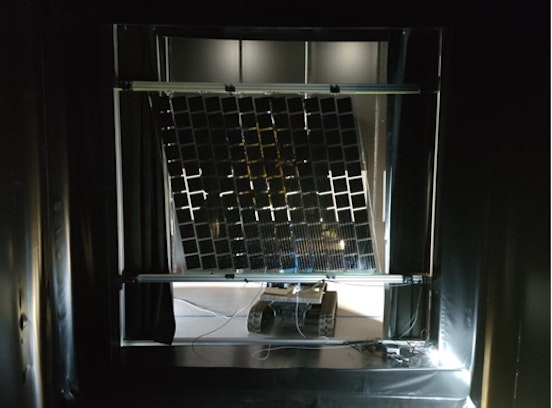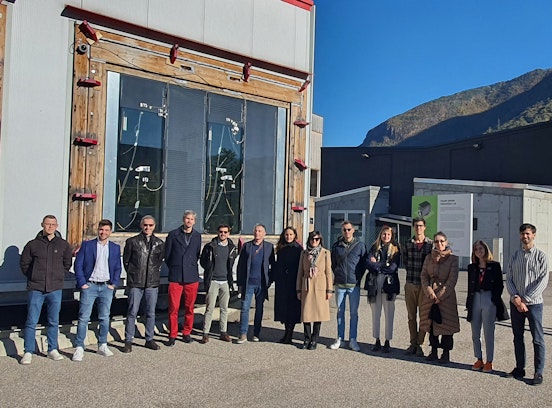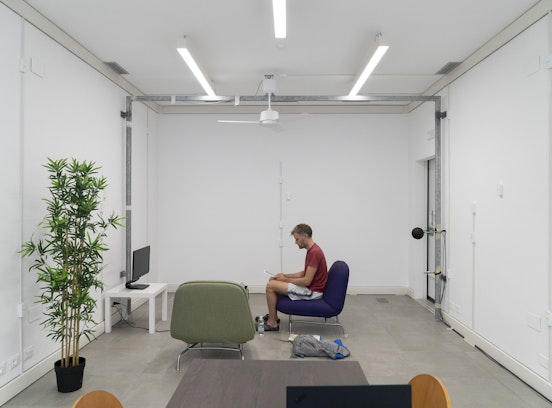Institute for Renewable Energy - Urban and regional energy systems - News & Events - Residential Space Heating and Cooling Technologies in Europe
Residential Space Heating and Cooling Technologies in Europe
New published scientific paper reviewes data about the environmental impact and the primary energy consumption of 27 space heating and cooling technologies for the residential sector in 11 different European member states
Our researchers recently published a new scientific paper for the Journal MDPI Sustainability. The scope of the paper and related project (ENER/2020/OP/0019 Pathways for Energy Efficient Heating and Cooling) is to facilitate the implementation of the provisions of the Energy Efficiency Directive, for improved performance of energy efficiency in Heating and Cooling in the context of the Energy Efficiency First Principle and the 2050 greenhouse gas and net-zero emission for heating and cooling objectives.
The results from the study contribute to the implementation of the EU Strategy on Energy System Integration and the heating and cooling strategy or its potential revision. In addition to this, our study aims at improving data availability, data quality, and data management for industry (especially renewable technology industry), energy planners, energy utilities, energy managers, energy consultants, public administration officers operative in the energy sector, policy decision makers, and social innovation experts.
This paper took into consideration 11 European Member states and 27 space heating and cooling technologies for each of them, covering end use technologies, district heating technologies, and cooling technologies. The methodology applied for the calculation of environmental footprints and primary energy consumptions focused on the energy carriers used by each technology. The extraction of raw energy carriers and their refining processes have been included in the boundaries of the study to incorporate their upstream supply chain. Furthermore, the utilization phase of energy carriers in space heating and cooling technologies has also been taken into account.
Read the full article here










